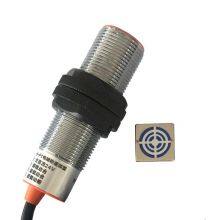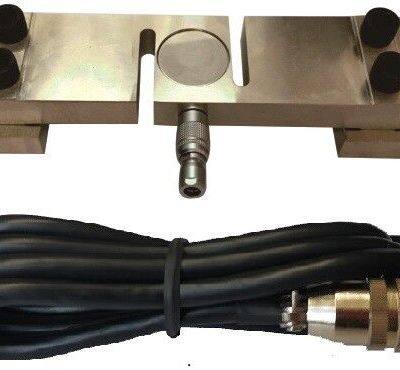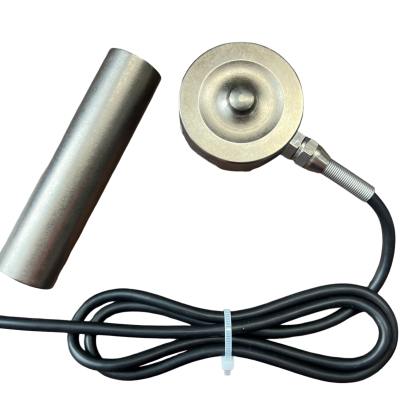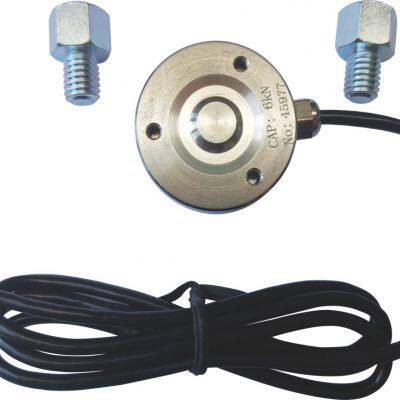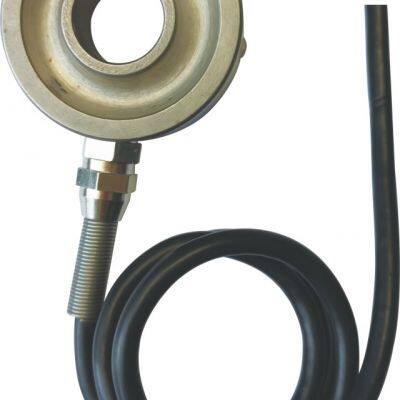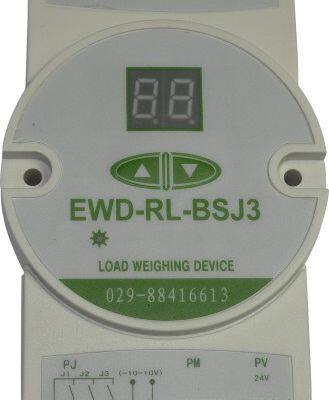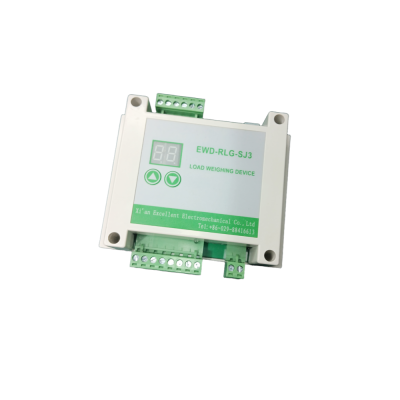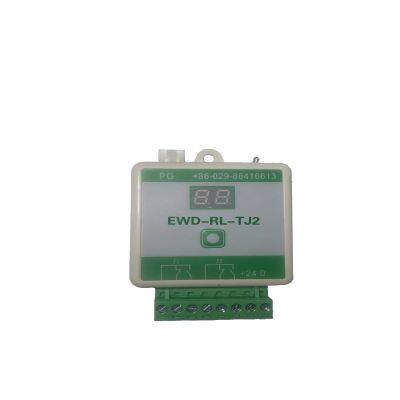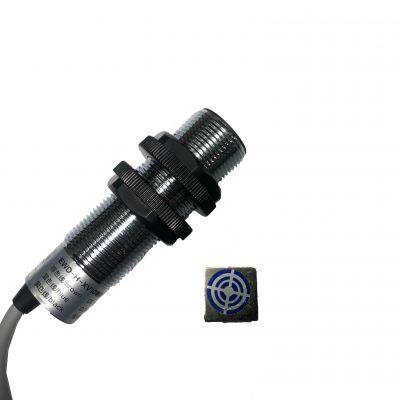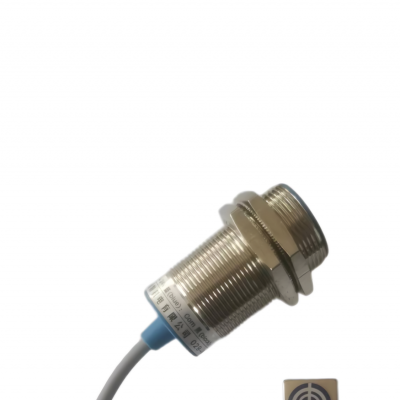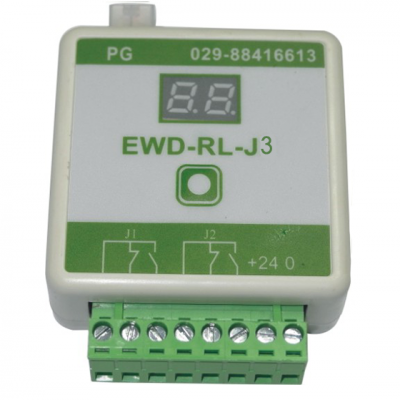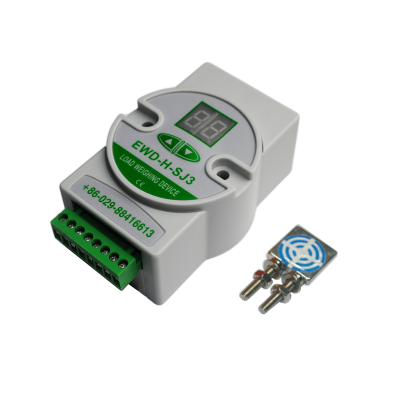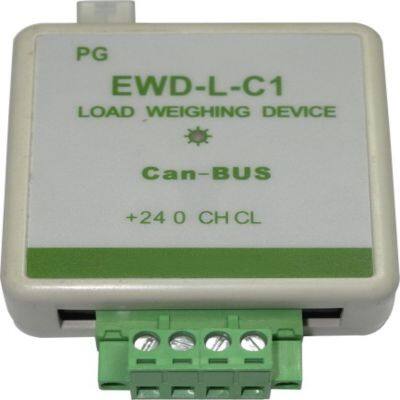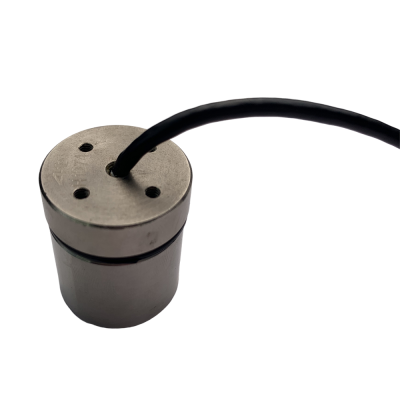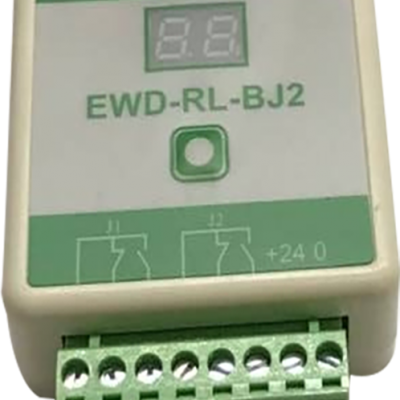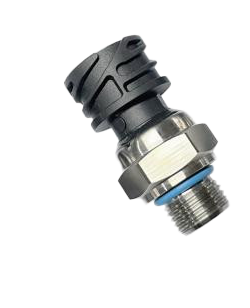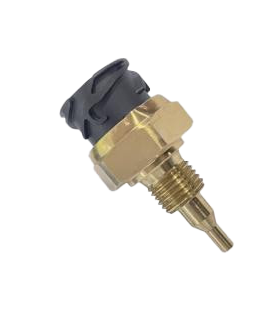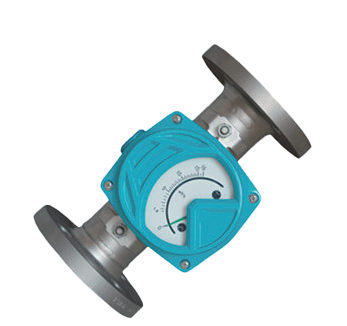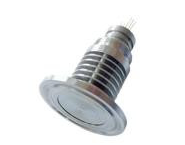How to Choose the Right Elevator Load Measurement Device
Introduction
Elevator load measurement devices play a crucial role in ensuring the safe and efficient operation of elevators. These devices are essential for maintaining balance, preventing overloading, and enhancing the overall performance of elevator systems. Selecting the right device involves considering various factors, including the type of elevator, its application, and specific operational requirements. This article provides a comprehensive guide to help you make an informed decision when choosing an elevator load measurement device.
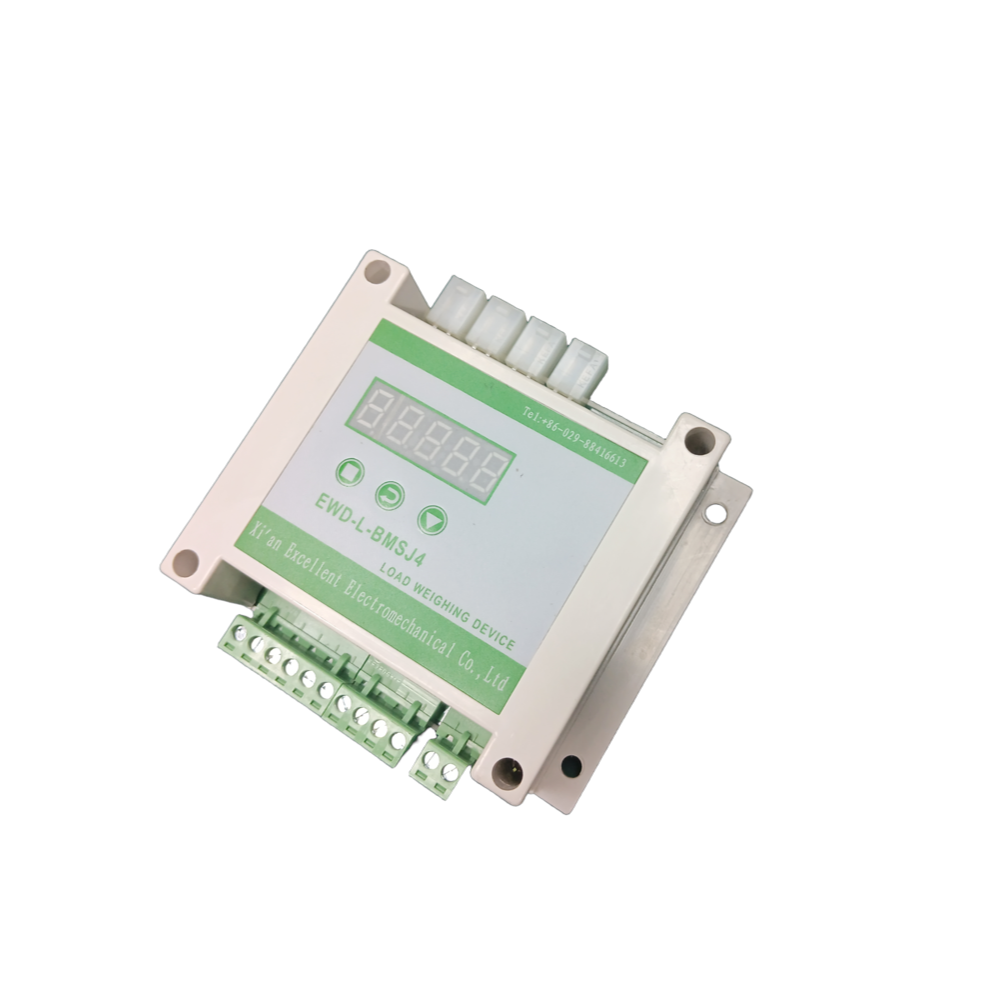
Understanding the Role and Types of Elevator Load Measurement Devices
Elevator load measurement devices are designed to monitor and measure the weight of the elevator car and its contents. They ensure that the elevator operates within safe load limits, preventing overloading and maintaining balance between the car and counterweight. These devices are critical for both passenger and freight elevators, as they contribute to the safety and efficiency of elevator operations.
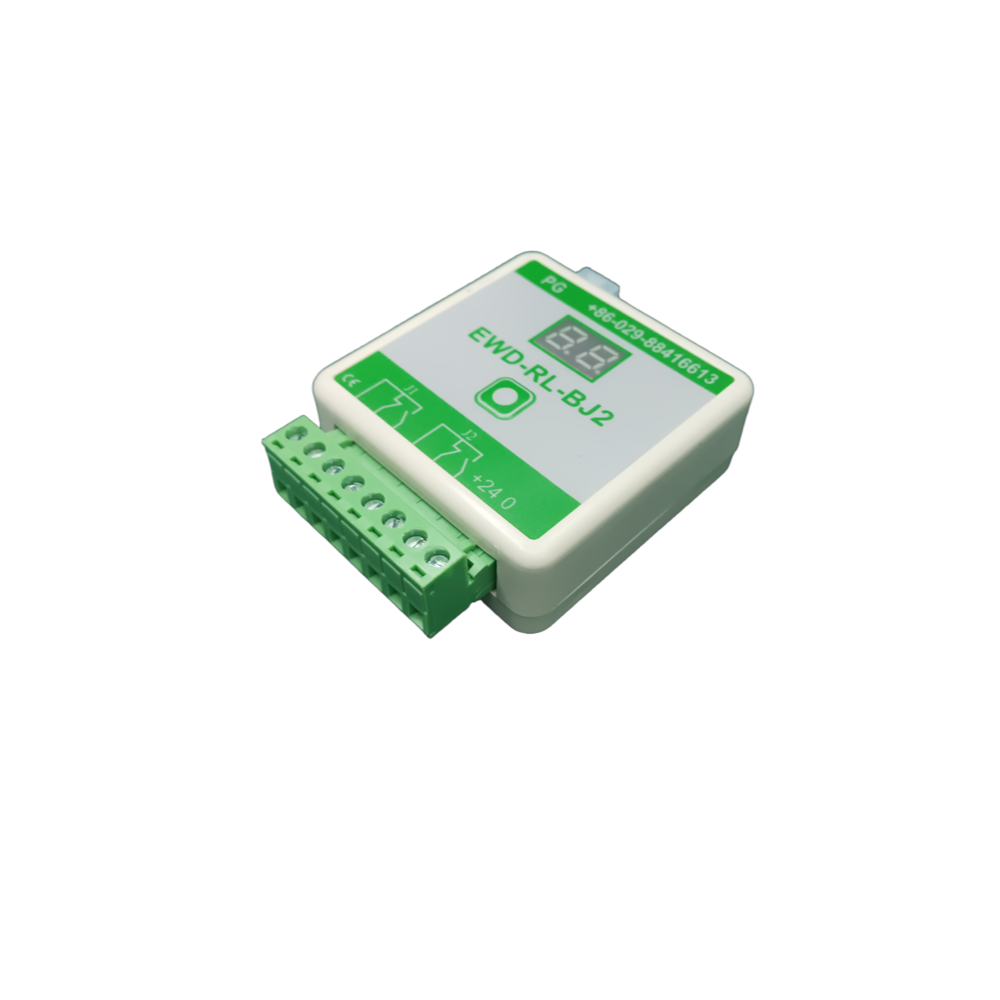
There are several types of load measurement devices available, each with its own advantages and applications:
Mechanical Load Measurement Devices: These devices use mechanical components to measure the load. They are often less expensive and require minimal maintenance but may be less precise compared to electronic alternatives.
Electronic Load Measurement Devices: These devices utilize sensors and electronic components to provide accurate load measurements. They are more precise and offer better reliability, making them ideal for modern elevator systems.
Hydraulic Load Measurement Devices: These devices use hydraulic systems to measure the load. They are typically used in industrial settings where heavy loads are common.
Each type has its own set of benefits and limitations, so it's essential to choose one that aligns with your specific needs.
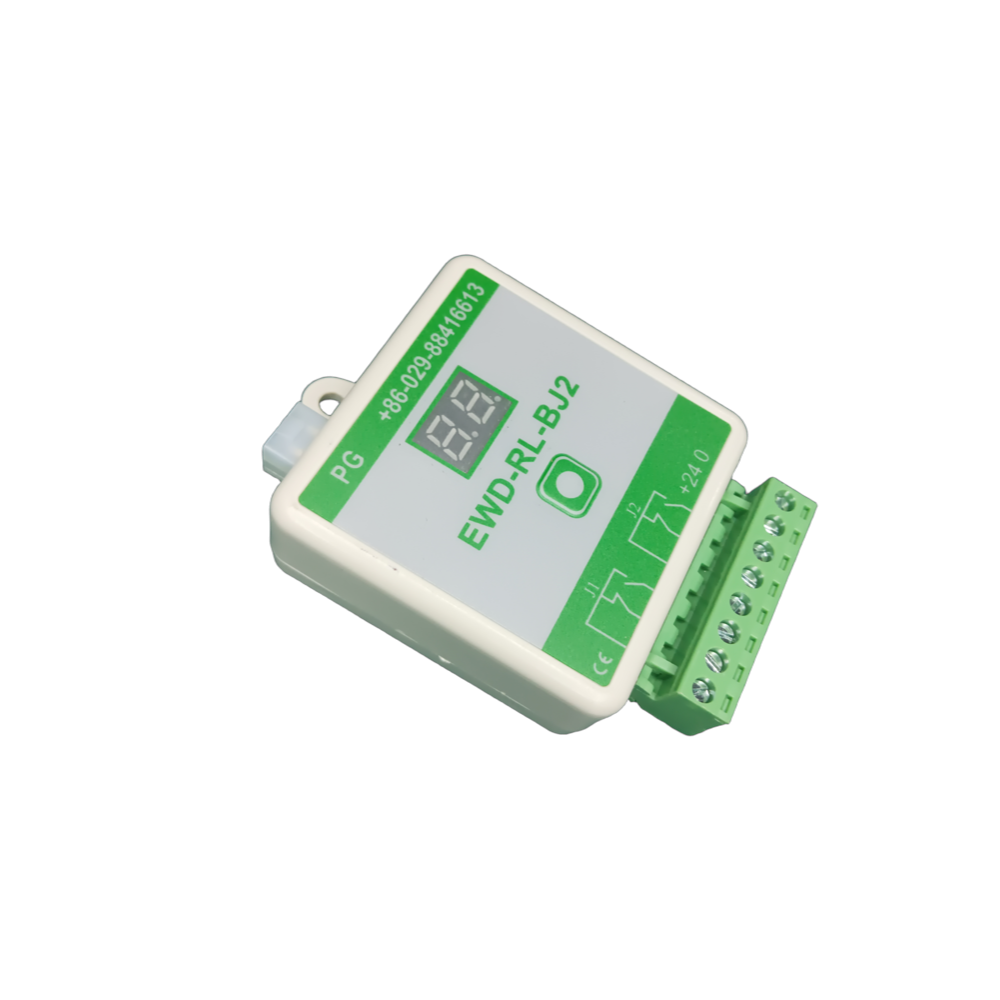
Consider the Type of Elevator and Its Application
The type of elevator you have and its intended use will significantly influence your choice of load measurement device. For example:
Passenger Elevators: These elevators require precise load measurement to ensure smooth operation and passenger comfort. Electronic devices are often preferred for their accuracy and reliability.
Freight Elevators: Freight elevators are designed to handle heavier loads, so a device with a higher capacity and robust construction is necessary. Hydraulic or heavy-duty electronic devices may be more suitable.
Special-Purpose Elevators: Elevators used in specific applications, such as hospitals or warehouses, may have unique requirements. For instance, hospital elevators may need devices that can handle medical equipment, while warehouse elevators may require devices capable of measuring very heavy loads.eavy loads.
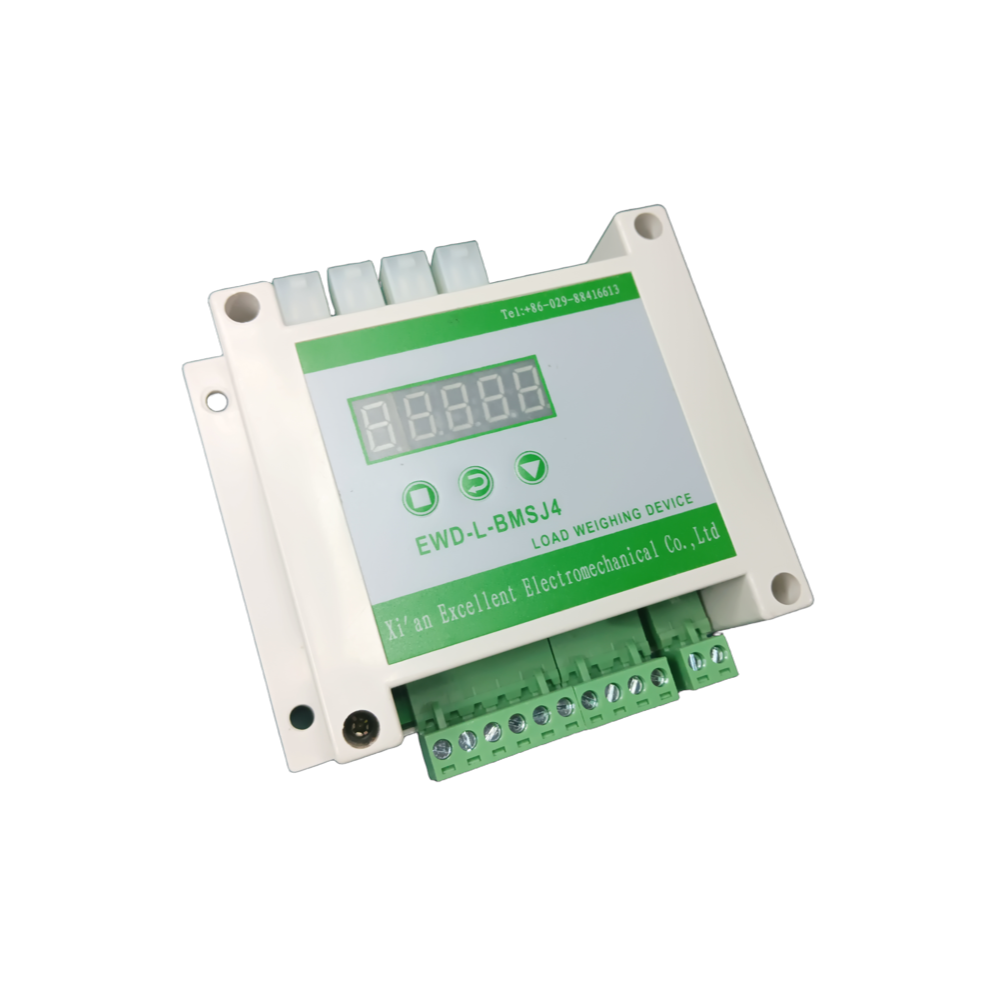
Determine the Load Capacity and Precision Needs
The load capacity of the elevator is a critical factor in selecting the appropriate measurement device. Ensure that the device can handle the maximum load capacity of your elevator to prevent overloading and potential accidents. Additionally, consider the precision required for your operations. High-precision devices are essential for applications where accurate load measurement is critical, such as in sensitive industrial processes or when transporting valuable goods.
Evaluate Installation and Integration Requirements
The installation process and compatibility with your existing elevator system are also important considerations. Some devices may require complex installation or may not integrate seamlessly with older elevator systems. Choose a device that is easy to install and compatible with your current infrastructure to minimize downtime and installation costs. Additionally, consider the availability of professional installation services if needed.
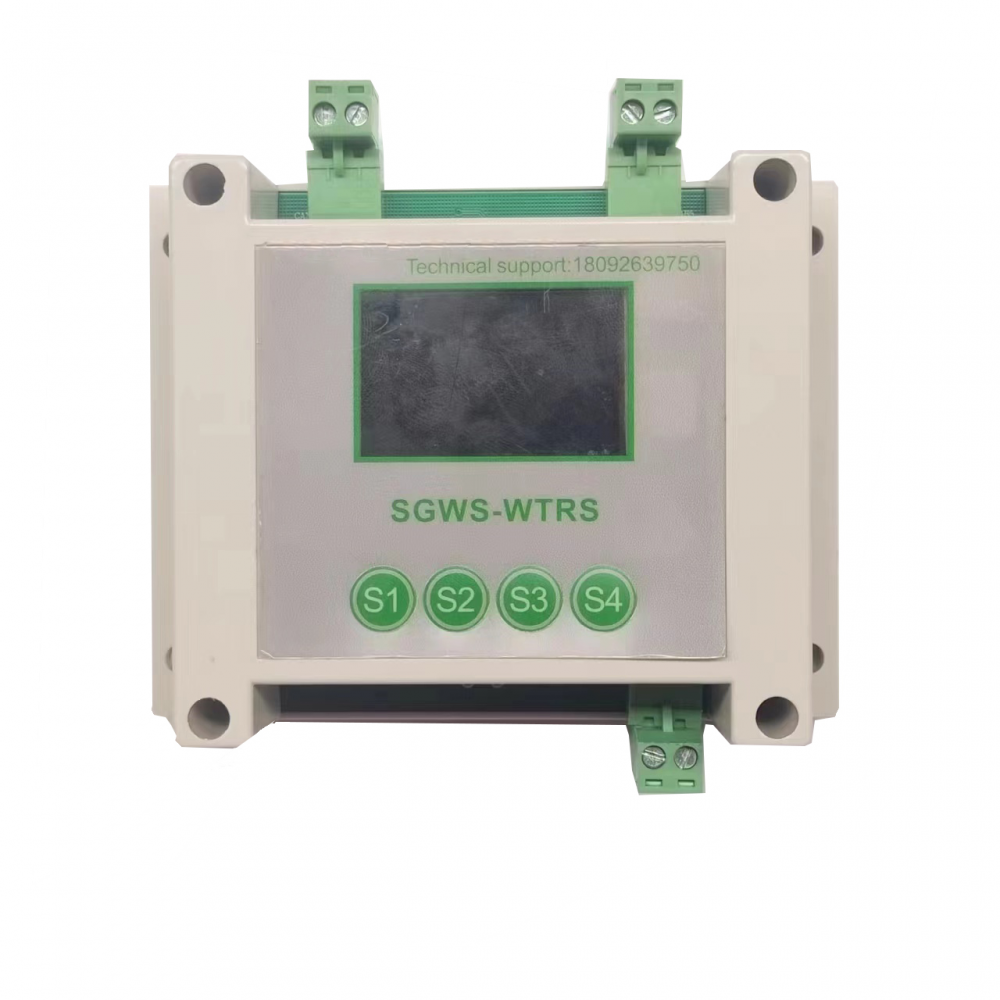
Consider Brand and Quality Assurance
The reputation and quality of the manufacturer are crucial factors in ensuring the longevity and reliability of the device. Research and choose well-known brands with a proven track record of producing high-quality load measurement devices. Look for devices that come with warranties and certifications, as these can provide additional peace of mind and protection against potential issues.
Look into Maintenance and Calibration Needs
Regular maintenance and calibration are essential to ensure the device continues to function accurately over time. Consider the maintenance requirements of the device and whether your team has the expertise to perform routine checks and calibrations. Some devices may require specialized tools or expertise, so it's important to factor this into your decision-making process.
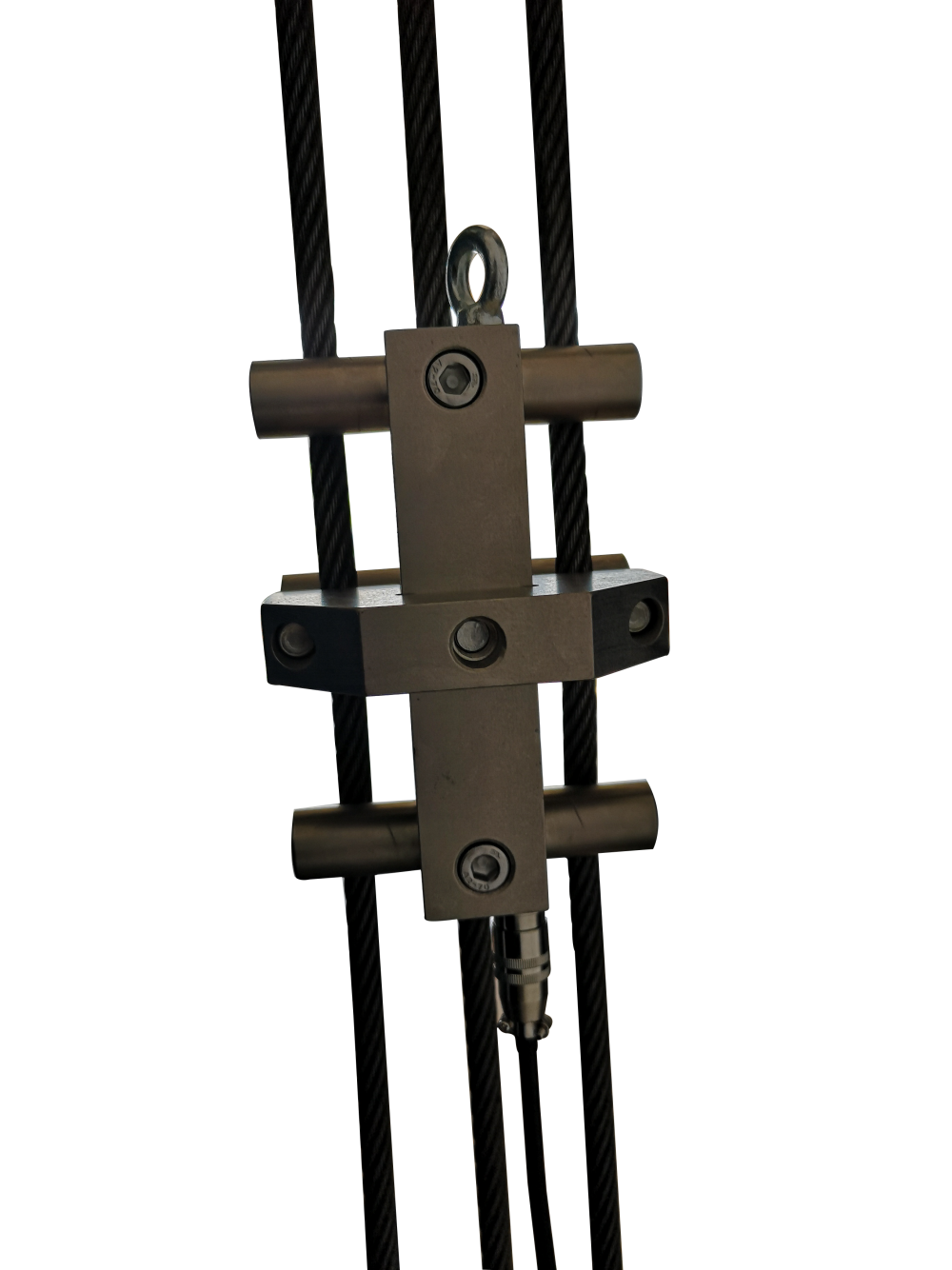
Conclusion
Selecting the right elevator load measurement device is a multifaceted process that requires careful consideration of various factors, including the type of elevator, its application, load capacity, precision needs, installation requirements, brand reputation, and maintenance considerations. By evaluating these factors and choosing a device that aligns with your specific needs, you can ensure the safety, efficiency, and longevity of your elevator system. Always consult with professionals or manufacturers to get personalized recommendations based on your unique situation.
Recently Posted
-
Why Elevator Weight Measurement Equipment Is Essential for Modern Buildings
October 17, 2025Elevators are an essential part of modern buildings, providing efficient vertical transportation in residential, commercial, and i Read More
Read More -
Elevator Load Sensors: Choosing the Perfect Fit for Your System
October 15, 2025How to Choose the Right Load Sensors for Elevators: A Comprehensive GuideElevator load sensors are critical components that ensure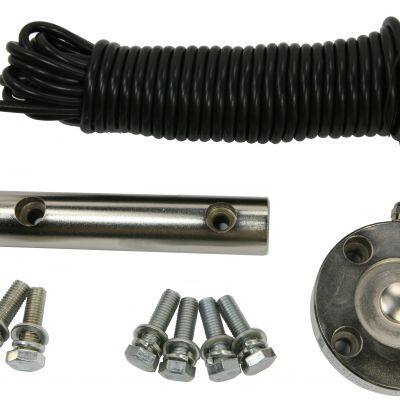 Read More
Read More -
Top Tips for Finding the Most Cost-Effective Elevator Weight Measurement Systems
October 11, 2025How to Find the Most Cost-Effective Elevator Weight Measurement SystemsWhen it comes to selecting elevator weight measurement syst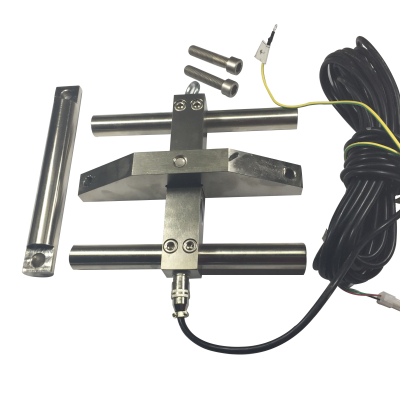 Read More
Read More -
Enhance Elevator Safety: A Comprehensive Guide to Choosing Weight Measurement Equipment
October 10, 2025How to Choose the Right Elevator Weight Measurement EquipmentElevators are essential components of modern buildings, and ensuring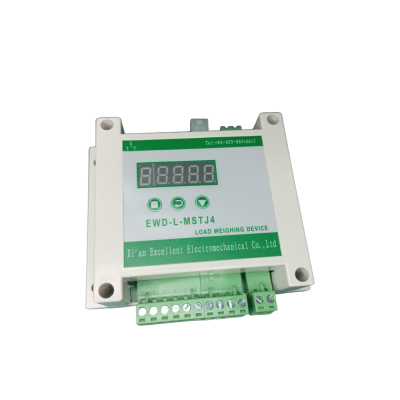 Read More
Read More

